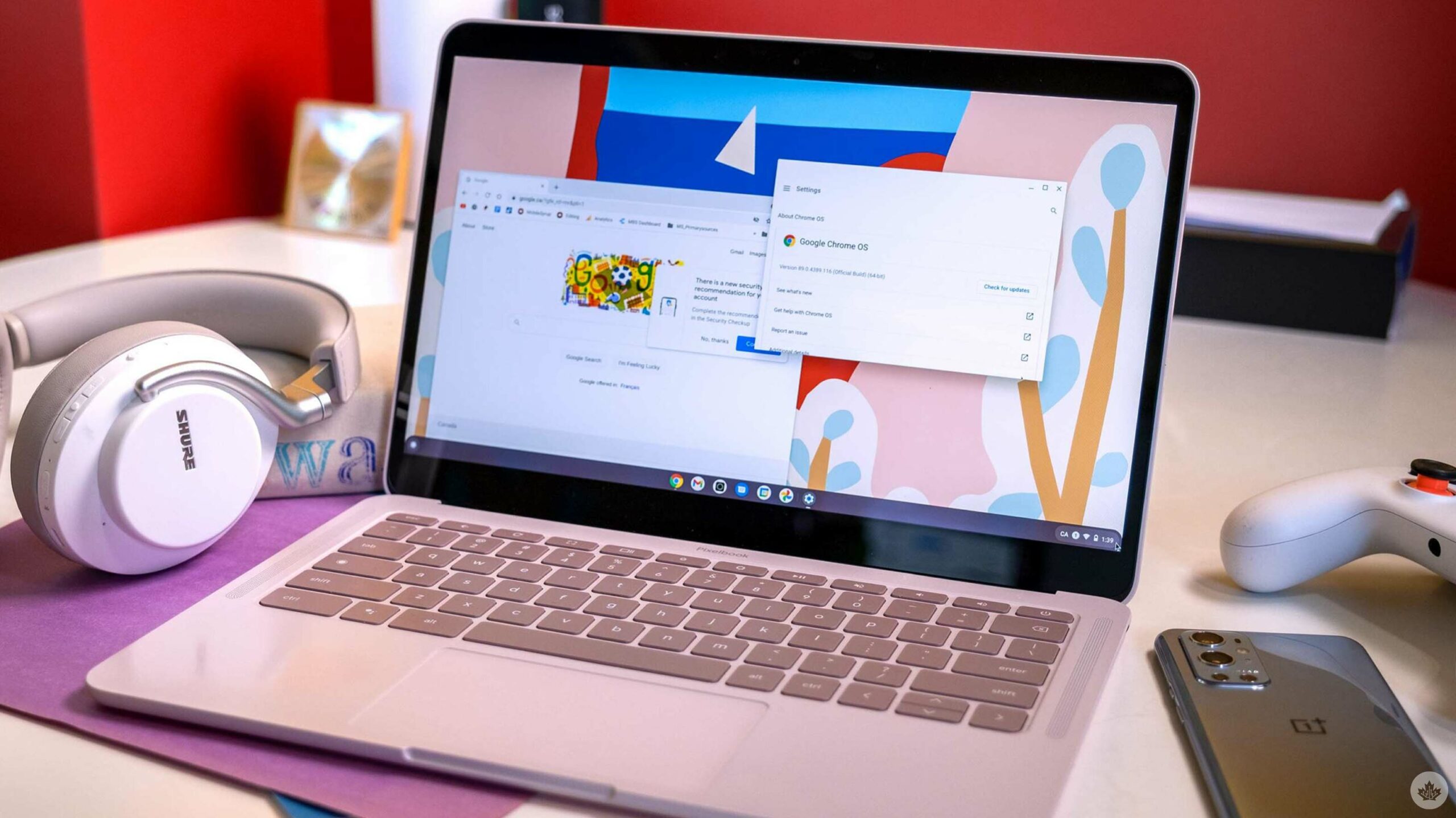
In the future, the backbone of Google’s Chromebooks might be built on Android instead of the proprietary ChromeOS.
Chromebooks have existed in a no-man’s land for the last few years, caught between a tablet and a computer. Most people actually use them more like a computer, even though Google has been pushing touch-centric updates to help low-cost laptops and tablets compete more with Apple’s iPad line.
A report from Android Authority claims that Google is working on porting ChromeOS to Android instead of creating a new hybrid system. This would ideally make it easier for the ChromeOS and Android teams to share resources and align updates, as Apple does with iOS and iPadOS.
Google hasn’t confirmed this, but the source who talked with Android Authority seemed confident. With the DOJ looking to impose more limitations on Chrome, it might be a good move for Google to have a backup plan in case the U.S. government forces it to sell off Chrome. A separate report from the same publication also claims that Google is working on a successor to the Pixel Tablet, and the next version will have a keyboard case, making it more useful for productivity.
The report also mentions that this Android-based version of a Chromebook will still support Chrome extensions and be able to run Linux apps. Google has also been testing a program in Android 15 that will allow Android phones to plug into monitors and use apps within windows like Samsung Dex or a traditional computer. This feature could help Android phones step above iOS, and if Google can align ChromeOS and Android more closely, this might become even more powerful than if it was just built on Android alone.
This unification of ChromeOS and Android might also help solve a problem Google has been dealing with for years: the lack of native tablet apps on its platform. Admittedly, this has gotten a bit better, but many Android tablet apps are still the stretched-out versions of mobile apps designed for phones. Therefore, being able to get Chrome apps on Android, or at least get developers to create large-screen Chrome apps on the Android backbone, might help solve this problem.
Source: Android Authority, (1)
MobileSyrup may earn a commission from purchases made via our links, which helps fund the journalism we provide free on our website. These links do not influence our editorial content. Support us here.


